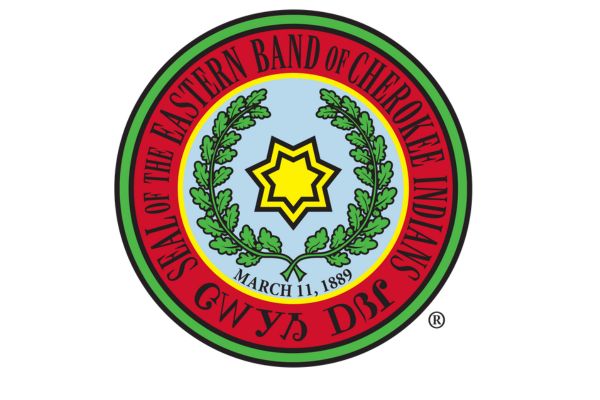
- Details
- By Darren Thompson
On Thursday, the Eastern Band of Cherokee Indians (EBCI) voted 2,464 to 1,057 to legalize recreational adult-use marijuana on Cherokee tribal territory, known as the Qualla Boundary.
The vote is not legislation, however, and would require action by the EBCI Tribal Council to make recreational marijuana legal on the reservation. It will be the only place in North Carolina that permits the sale and use of recreational cannabis.
The vote comes less than a week after North Carolina Rep. Chuck Edwards (R) introduced his Stop Pot Act in the House of Representatives. The bill seeks to penalize states and tribes that legalize recreational marijuana. If it passes, it would withhold 10% of federal highway funds from states and federally recognized tribes that receive transportation funding.
“During a time when our communities are seeing unprecedented crime, drug addiction, and mental illness, the Stop Pot Act will help prevent even greater access to drugs and ease the strain placed on our local law enforcement and mental health professionals who are already stretched thin,” Edwards said in a press release on September. 1.
Native News Online reached out to the Eastern Band of Cherokee Indians and learned that yesterday’s election also voted in a new Principal Chief, replacing Richard Sneed with Michell Hicks. Hicks was the Eastern Band’s leader from 2003-2015. A new Tribal Council was voted on as well, and it must first draft a recreational marijuana law. The law could take more than a year to be finalized, voted, and signed by the principal chief and other tribal leaders.
In 2021, the EBCI Tribal Council voted to pass a medical marijuana program. The Tribal Council then created a for-profit medical marijuana business, Qualla Enterprises LLC, to grow, market and sell cannabis. Qualla Enterprises is on the verge of beginning sales at what tribal officials are calling the world’s largest medical super dispensary store.
The business, which is owned by the EBIC, published an opinion article in the Cherokee One Feather on September 6, saying, “Adult Use Cannabis represents another opportunity for our people to lead. While multiple states and tribes across the United States have already legalized Adult Use Cannabis, nowhere in the surrounding region has done so. The Cherokee People can and should be first and reap the benefits of our courage and leadership.”
Qualla Enterprises’ General Manager Forrest Parker said in a July Tribal Council meeting that revenue from cannabis operations is directly tied to the number of people who can legally walk in and buy the product. He also shared data from a study conducted on the enterprise and said that potential gross revenue from its medical cannabis operations starts at $206 million and can approach $578 million by the end of year five.
“If adult use were legalized, revenue could conservatively reach $385 million in the first year and exceed $800 million by year five,” Parker said.
More Stories Like This
Native News Weekly (August 25, 2024): D.C. BriefsUS Presidents in Their Own Words Concerning American Indians
Senate Committee on Indian Affairs Passes 12 Bills to Strengthen Tribal Communities
Deb Haaland Tours CNM Workforce Facilities, Highlights Trade Job Opportunities
Federal Court Dismisses Challenge to NY Indigenous Mascot Ban
Help us defend tribal sovereignty.
At Native News Online, our mission is rooted in telling the stories that strengthen sovereignty and uplift Indigenous voices — not just at year’s end, but every single day.
Because of your generosity last year, we were able to keep our reporters on the ground in tribal communities, at national gatherings and in the halls of Congress — covering the issues that matter most to Indian Country: sovereignty, culture, education, health and economic opportunity.
That support sustained us through a tough year in 2025. Now, as we look to the year ahead, we need your help right now to ensure warrior journalism remains strong — reporting that defends tribal sovereignty, amplifies Native truth, and holds power accountable.
 The stakes couldn't be higher. Your support keeps Native voices heard, Native stories told and Native sovereignty defended.
The stakes couldn't be higher. Your support keeps Native voices heard, Native stories told and Native sovereignty defended.
Stand with Warrior Journalism today.
Levi Rickert (Potawatomi), Editor & Publisher

